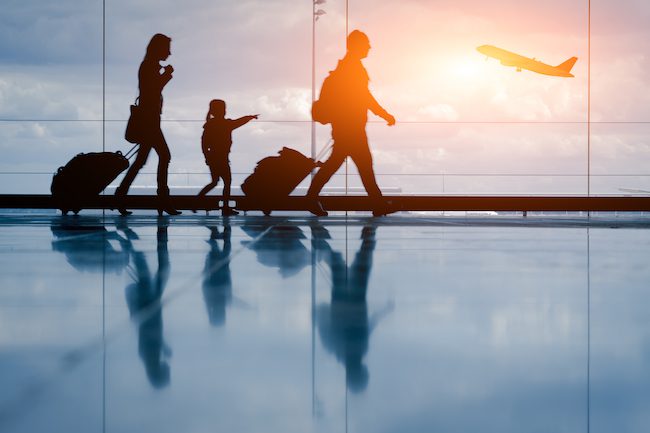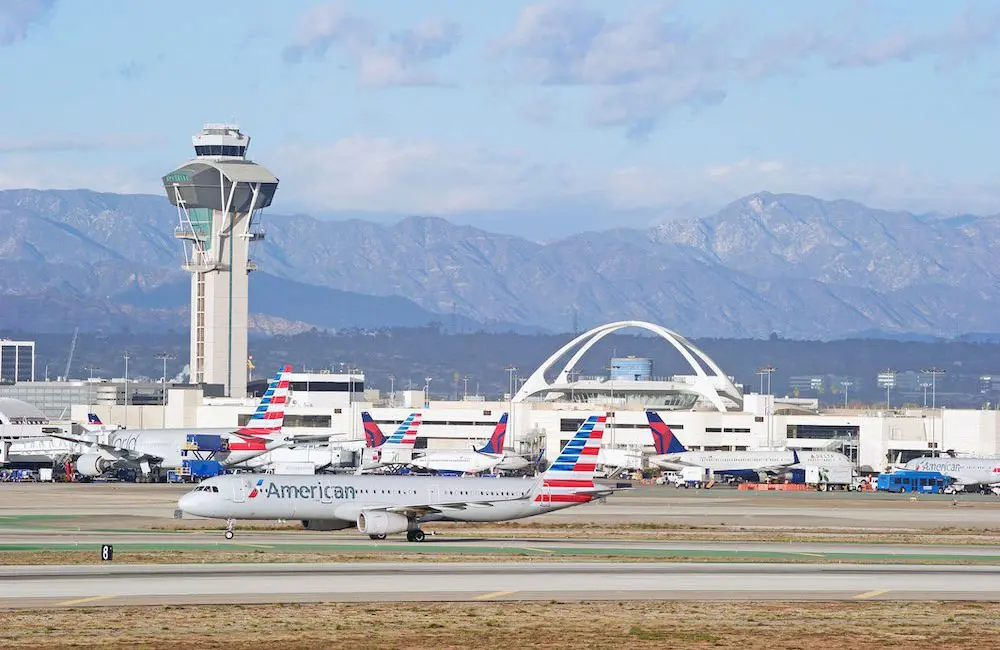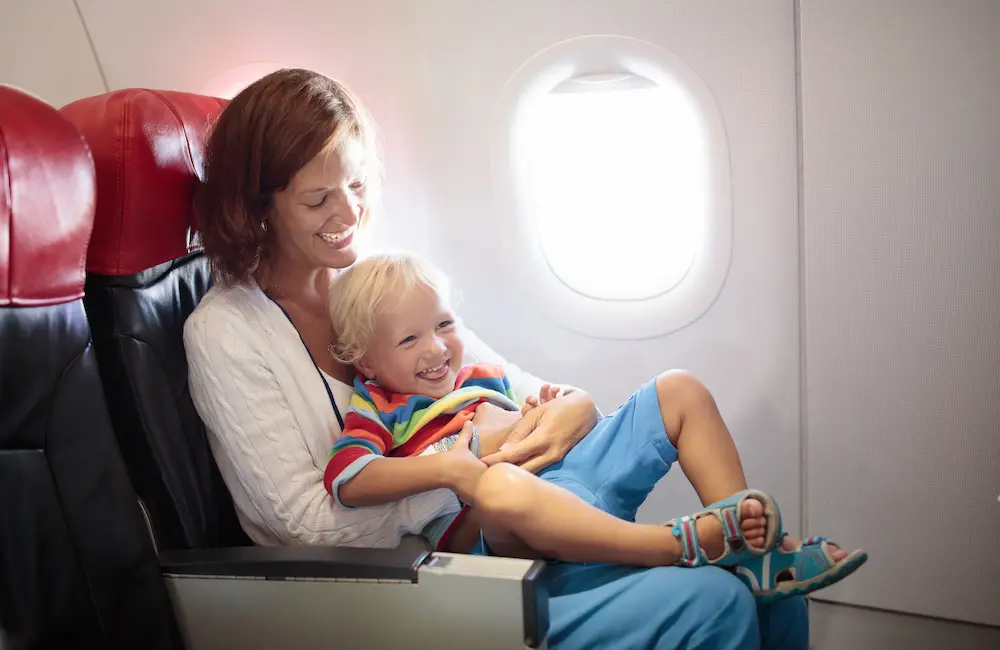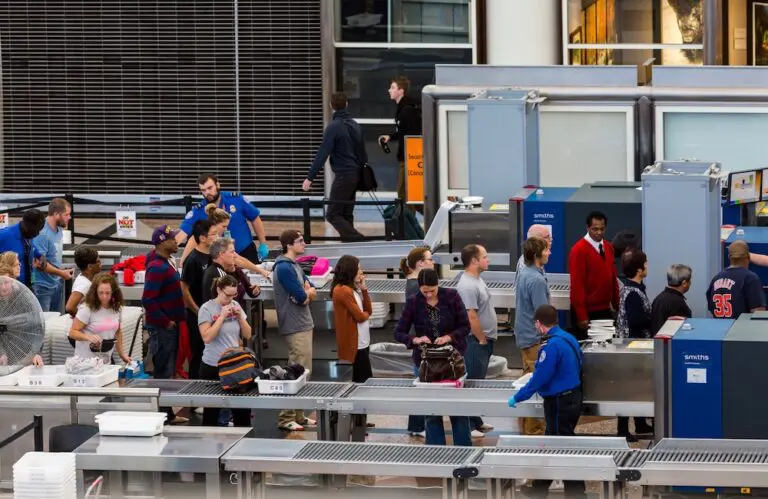The US Government has proposed a new rule to ban airlines from charging families to sit together, levies the Biden-Harris Administration calls junk fees.
Under a new Department of Transportation (DOT) rule, US airlines would need to seat parents with young children together for free if seats are available. This could save a family of four up to US$200 per round trip if seat fees are US$25 each.
The initiative is part of the government’s efforts to combat corporate practices that increase costs for consumers.
DOT says that spitting families, especially those with young children, is not optional, as kids often need help with tasks like fastening seatbelts or using the bathroom.
However, many airlines charge extra fees for parents to secure adjacent seats, significantly increasing travel costs.

Without paying these fees, DOT claims parents face stress during boarding, negotiating with other passengers to swap seats.
This can also disrupt other travellers who may have to give up their pre-selected seats and if no swaps occur, children may sit unsupervised, causing anxiety for everyone involved.
“Many airlines still don’t guarantee family seating, which means parents wonder if they’ll have to pay extra just to be seated with their young child. Flying with children is already complicated enough without having to worry about that,” US Transportation Secretary Pete Buttigieg said.
“The new rule we’re proposing today, which would ban airlines from charging parents a fee to sit with their children, is another example of the Biden-Harris Administration using all the tools at our disposal to lower costs for families and protect consumers from unfair practices.”
In 2023, President Biden urged Congress to ban family seating fees in his State of the Union address.
Secretary Buttigieg then asked the ten largest airlines to voluntarily remove these fees, but only Alaska Airlines, American Airlines, Frontier Airlines and JetBlue complied.
DOT also created a dashboard at flightrights.gov showing which carriers guarantee fee-free family seating.

The Department’s proposed rule includes:
- Ban on family seating fees: Airlines cannot charge fees to seat young children (13 or under) next to their parents or accompanying adults.
- Adjacent family seating requirement: Airlines must seat parents next to their young children for free within 48 hours of booking when adjacent seats are available.
- Definition of adjacent seating: Seats must be next to each other in the same row, not separated by an aisle.
- Availability in all classes: Adjacent family seating must be available in every class of service.
- Alternative seating arrangements: When necessary, carriers must seat young children across the aisle from, directly in front of, or directly behind their parent or accompanying adult.
- Mandate refunds and rebooking: If adjacent seats are unavailable at booking, airlines must offer a full refund or allow free rebooking on the next flight with available family seating.
- Upfront disclosure: Airlines must inform passengers of their right to fee-free family seating on their websites and through reservation centres.
- Fines for violations: Carriers failing to comply will face civil penalties.
Earlier this year, in another win for flyers in the United States, DOT introduced a new rule to ensure US airlines give automatic cash refunds to passengers when flights are cancelled, changed significantly or when bags are delayed.

This week, in a win for Australian travellers, it was announced that from 2025, eligible Aussies will be able to join the US Global Entry program, allowing faster customs and immigration clearance at American airports.
According to IATA, air travel continues to grow globally, with international passenger uplift hitting 12.3 per cent in June 2024 compared to last year. With passenger demand up across all regions after exceeding pre-pandemic figures for the first time earlier this year, IATA figures forecast a positive future for air travel.






